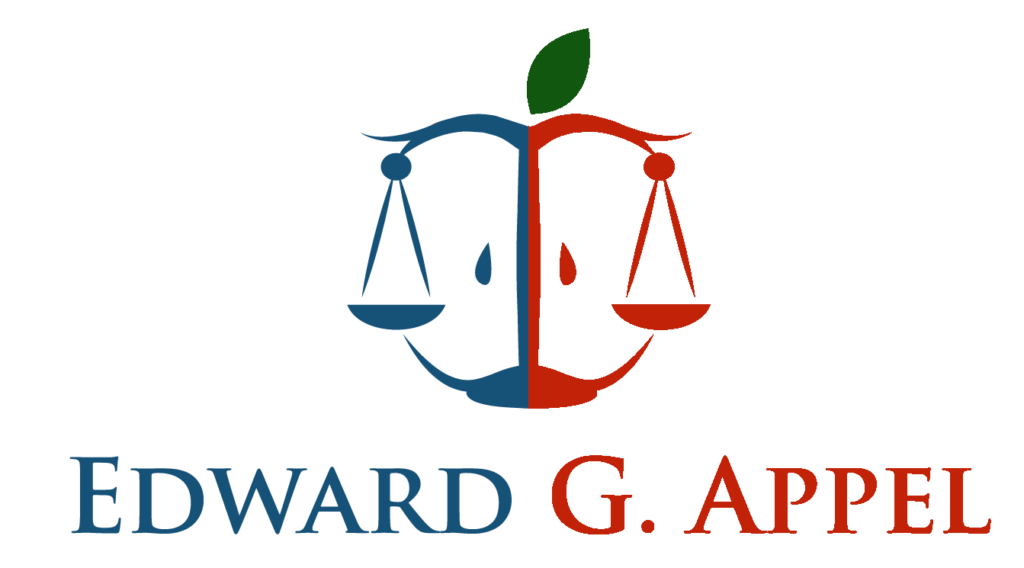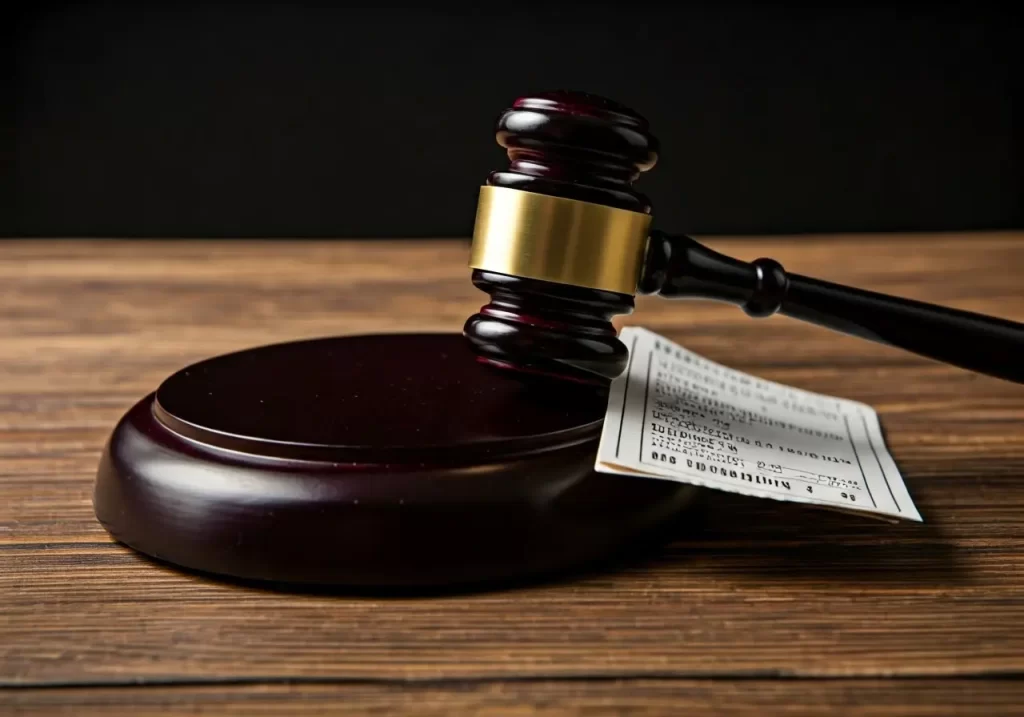Finding the right traffic offense lawyer can be a daunting task, especially when you’re already stressed about a ticket or court appearance. Unfortunately, many people make common mistakes in their search. Here are some pitfalls to avoid to ensure you hire the best legal representation for your traffic case.
1. Relying Solely on Advertising
Advertisements can be persuasive, but they don’t always provide the full picture. Many law firms create flashy ads that promise quick results, but these often lack the depth needed to prove their true capabilities. Digging deeper into a lawyer’s background is essential. Websites and marketing materials can be helpful, but they should not be the only source of information.
Instead of relying solely on ads, take the time to look into a lawyer’s qualifications and client reviews. Doing some research online or asking for personal recommendations can provide more insight. A law firm with a substantial amount of positive feedback is generally a reliable indicator of quality service. Actual experiences shared by previous clients can be very telling about what you can expect.
2. Not Checking Qualifications
Ensure the lawyer is licensed to practice in your state and specializes in traffic offenses. This guarantees they have the necessary knowledge and expertise. Traffic laws can vary significantly from one state to another, so a lawyer who is well-versed in local regulations is essential. This is particularly important in complex cases like DUIs where the stakes are higher. South Jersey DUI can help you find an expert who knows all the nuances of local traffic laws.
Make sure the lawyer has pursued relevant continued education and is up-to-date with recent changes in traffic laws. Experience dealing with traffic cases and a thorough understanding of state-specific statutes can make a considerable difference in the handling of your case.
3. Ignoring Reviews and Testimonials
Customer reviews and testimonials can offer valuable insights into a lawyer’s professionalism and success rate. Don’t skip this step. Law firm websites often feature client testimonials that can give you an idea of what to expect from their services.
Check out independent review sites and legal forums to see what past clients are saying. Pay close attention to recurring themes in the feedback, such as commendations for effective communication or criticisms for delayed responses. Online platforms like Avvo and Martindale-Hubbell are also excellent resources for more detailed reviews from clients.
4. Not Asking About Experience
Experience matters. A lawyer with years of handling traffic offenses will be more familiar with the nuances of traffic court and local laws. Ask about their track record, how long they’ve been practicing, and their history with cases similar to yours. Lawyers who have successfully represented many clients in traffic cases are likely to be more adept at navigating the legal system.
Don’t shy away from asking about specific outcomes they have achieved in the past. A lawyer who is transparent about their wins and losses is often more trustworthy. It’s beneficial to seek advice from professionals who have a comprehensive understanding and extensive experience in traffic law.
5. Overlooking Local Experts
Local lawyers are often better acquainted with local traffic laws, judges, and court procedures, which can be advantageous. Choosing a lawyer who practices within your locality ensures they are familiar with the unique aspects and any intricacies of local traffic regulations.
A local lawyer’s relationship with the court personnel can also benefit your case. They often know the tendencies of local judges and prosecutors, enabling them to develop more effective defense strategies. This insider knowledge can be crucial, particularly in cases that require a deep understanding of the local judicial system.
6. Skipping the Initial Consultation
The initial consultation is a valuable opportunity to gauge the lawyer’s fit for your case. Use it to ask questions and assess their approach. During this meeting, you can evaluate their communication skills, expertise, and whether their strategy aligns with your needs. Many law firms offer free consultations, making it a risk-free opportunity to gather information.
Preparing a list of questions beforehand can make the consultation more productive. Ask about their experience with cases similar to yours, their proposed approach, and what outcomes you might realistically expect. Don’t hesitate to discuss your concerns and gauge their willingness to address them. This initial interaction can significantly influence your decision on whether to proceed with hiring them.
7. Focusing on Cost Alone
While budget is important, the cheapest option isn’t always the best. Consider the lawyer’s experience, track record, and communication skills as well. Legal fees can vary widely, and while it might be tempting to choose the least expensive option, doing so can sometimes compromise the quality of representation you receive.
Understand the fee structure of potential lawyers. Some may charge a flat fee, while others bill by the hour. It’s crucial to have a clear understanding of what their services include and ensure there are no hidden costs. A higher fee can often reflect a lawyer’s experience, success rate, and the resources they can bring to your case.
8. Not Asking About Success Rate
Ask the lawyer about their success rate with cases similar to yours. This can offer reassurance about their capability to handle your case successfully. Understanding their past performances can give you confidence in their ability to achieve a favorable outcome for you.
Be direct in your inquiries. Don’t just ask if they have won cases, but find out the specifics: how often they have negotiated reductions in charges, how frequently their cases go to trial, and their win-loss ratio. Lawyers who are transparent about their track record typically have the experience and confidence to back up their claims.
9. Forgetting to Read the Fine Print
Review any agreements or contracts thoroughly before signing. Understand the terms, fees, and what’s included in the services. Many people overlook this critical step and end up facing unexpected costs or obligations.
Take your time to read through the contract and don’t hesitate to ask for clarification on any points that are unclear. A reputable lawyer will be more than willing to explain the details and ensure you are comfortable with the agreement. This diligence can prevent any surprises down the line and ensure that both parties are on the same page regarding the expectations and responsibilities.
10. Neglecting Communication Skills
A good lawyer should be an effective communicator, keeping you informed about your case and explaining legal terms clearly. Regular updates and clear explanations can significantly reduce the stress and anxiety that often accompanies legal proceedings.
Pay attention to how promptly they respond to your inquiries and whether they listen actively to your concerns. Lawyers who are genuinely interested in your case will make an effort to keep the lines of communication open and provide regular updates. This is a testament to their reliability and dedication to providing the best possible representation.
11. Not Checking for Disciplinary Actions
Research whether the lawyer has faced any disciplinary actions. This information can typically be found on the state bar’s website. A record of disciplinary actions can serve as an essential indicator of a lawyer’s professional conduct and reliability.
Checking for such records can help you avoid lawyers who have a history of questionable ethics or misconduct. Everyone makes mistakes, but a pattern of disciplinary issues is a red flag. Ensuring that your lawyer has a clean record can provide peace of mind and assurance that they will represent you ethically and competently.
12. Disregarding Specializations
Some lawyers specialize in different types of traffic offenses, such as DUI or reckless driving. Ensure your chosen lawyer has relevant expertise. This specialized knowledge can be particularly beneficial in navigating complex legal landscapes and crafting effective defense strategies.
A lawyer experienced in handling cases similar to yours is more likely to understand the intricacies involved and provide tailored advice. This expertise can make a substantial difference in the outcome of your case, particularly in specialized areas where nuances in the law can significantly impact the results.
13. Not Considering Personality Fit
Your lawyer should be someone you feel comfortable working with. Personality fit can impact your overall experience and communication. You will be working closely with your lawyer, and a good rapport can make the process more pleasant and productive.
Consider conducting multiple consultations to find a lawyer whose personality and approach align with your preferences. An empathetic and understanding lawyer can make a significant difference in how comfortable and confident you feel throughout your legal journey. Trust and mutual respect are crucial components of an effective client-lawyer relationship.
14. Overlooking References
Don’t hesitate to ask for references from past clients. Speaking with previous clients can provide a clearer picture of the lawyer’s performance and reliability. A lawyer who has successfully represented others is more likely to achieve favorable results for you as well.
References can also offer insights into the lawyer’s communication style, responsiveness, and overall professionalism. While reviews and testimonials are helpful, direct conversations with past clients can provide more nuanced and detailed information, aiding you in making a well-informed decision.
15. Expecting Immediate Results
Legal processes take time. Be wary of any lawyer who promises quick results, as this might not be realistic and could indicate a lack of experience. A dependable lawyer will provide an honest timeline based on the specifics of your case and the complexities involved.
Managing your expectations and understanding that the legal process naturally involves numerous stages can help you remain patient and focused. A lawyer who sets realistic expectations and guides you through each phase carefully is more likely to succeed in providing a positive outcome. Patience and diligence are key to navigating legal challenges effectively.


